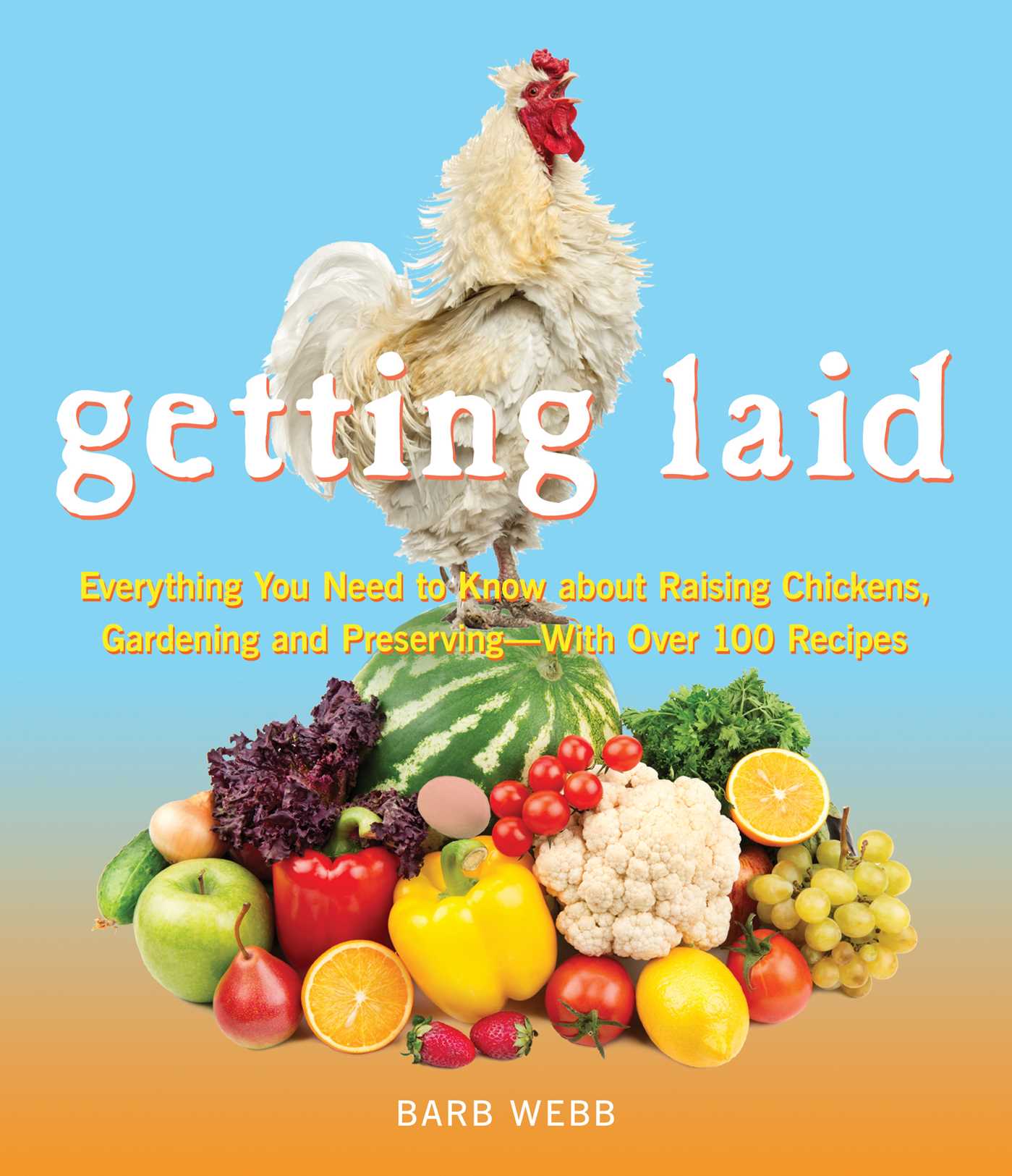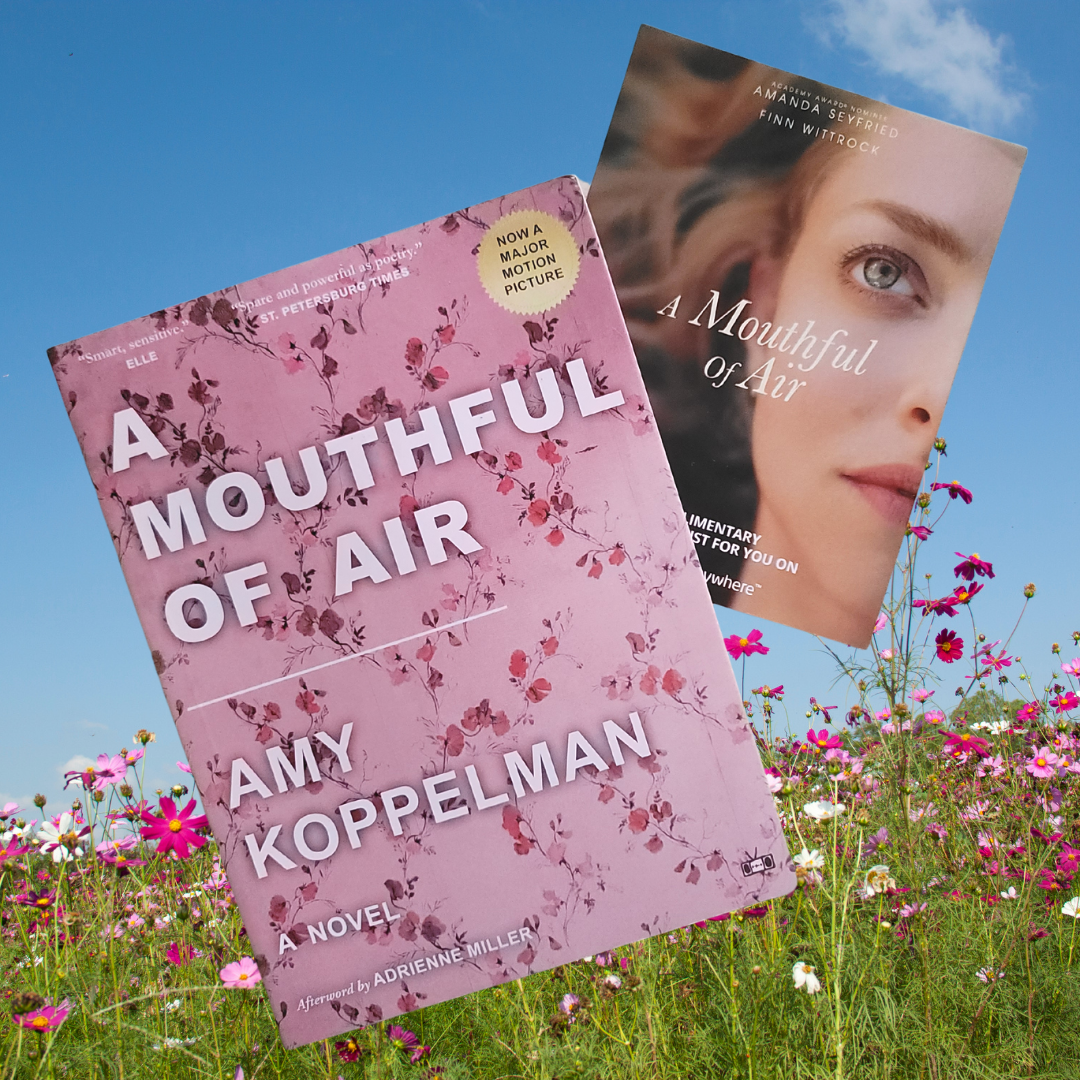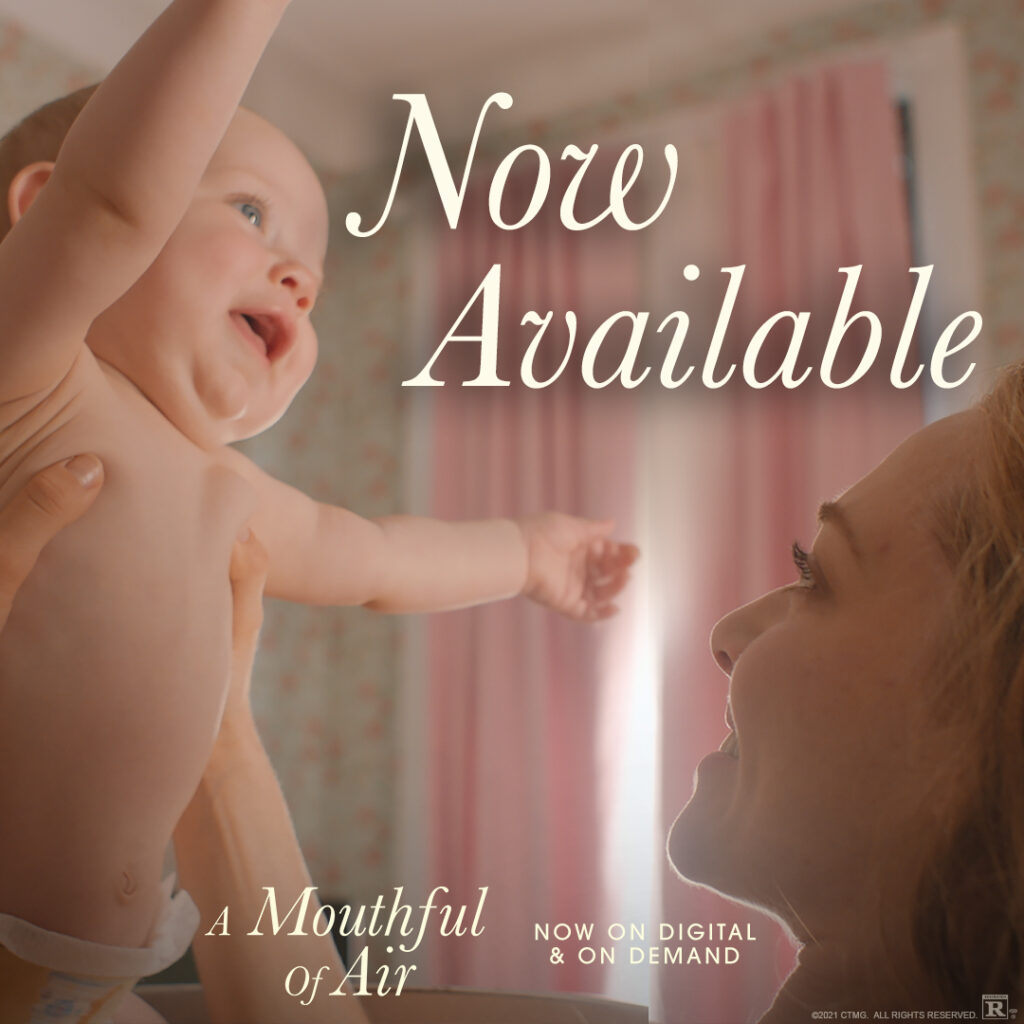A MOUTHFUL OF AIR opned in theaters in 2021 and is now available on Digital and On-Demand on Prime, iTunes, Vudu, DirecTV & Comcast. Director and author of the novel “A Mouthful of Air,” Amy Koppelman. made the film hoping to open a line of communication about postpartum depression.
This artistic film is tool Koppelman used in the hopes of letting other mothers know they were not alone.
“We use this word ‘postpartum’ depression,” Koppelman says, “but it’s really about how scary it is to be a mom and all the pressures we feel. We are told we’ll get this magical maternal instinct without being told what to do.”
In A MOUTHFUL OF AIR, Amanda Seyfried plays Julie, a children’s book author and young mother in New York City. Julie is struggling with postpartum depression and early in the film, attempts suicide. Her husband and mother are caring and supportive, but are not sure how to truly help her through her struggles.
The entire film is an indepth case study of emotion, an insider view of extremely important topics that still hope a high level of taboo in our society.
For Amanda Seyfried, the role of Julie was carthartic, giving her pause to reflect on her own experiences with motherhood. Hearing other moms express similar concerns like fears that something would happen to the children while they were sleeping was also eye-opening. She wondered why moms were not being more open as it’s empowering to learn you are not alone.
“Everytime you take on a role like this it can take you back to the darker times in your life,” says Seyfried. “I thought it was necessary for me have suffered from actual postpartum depression to understand and be able to play somebody [with postpartum depression]. Even if you can understand a fraction of that, it is important to embody someone like that as it’s true. We all share something so immense as mothers.”
As a result, Seyfried developed a newfound appreciation for herself as she reflected on how challenging it was. For the trials and triumphs she went though after each of her children were born.
“The thing is I find you forget so quickly especially those first few weeks. Survival mechanism kicks in,” says Seyfried. “Of course we forget because so many magical things are happening as well but it doesn’t take away the pain or the darkness or the trauma of it. We are mothers first and foremost but we are also human beings.”
A MOUTHFUL OF AIR is an unapologetic look at the realities of motherhood and the most difficult of complications that can arise. The film may be challenging for some viewers. One cannot help being both bewildered and bewitched, ultimately changed on a deep, both intuitive and guttural emotional level.
“I will say we wanted to change the ending a billion times,” says Seyfried. “Part of the reason it was hard to get made in Hollywood is because there’s nothing shiny about it. It’s real it’s raw. It’s a fictional character based on some very hard truths.”
Yet, viewers may also find a glimmer of hope and inspiration having lifted the veil to peer at the stark realities.
“Some people don’t get the help you so desperately want them to get,” say Amanda Seyfried. “Hopefully less and less. Because it’s stigmatized, hard to talk about, hard to make movies about. As the years go by and this becomes more of a conversion that more people are willing and open to having, then less and less people are going to end up like Julie in this story.”
Signs of Postpartum Depression
Dr. Harvey Karp, founder and CEO of Happiest Baby, says the symptoms of postpartum depression are very broad. Some of the signs he suggests we can look for in women who may be experiencing postpartum depression are:
- fatigue
- exhaustion
- OCD
- crying
- feeling blue
- anxiety
- sadness
- feeling incompetent
- thoughts of self-doubt,
- actions like checking on the baby obsessively
- and isomnia.
To those who think they may be suffering from postpartum, Dr. Karp stresses two imporant things to keep in mind:
- Be open to people helping you
- and be open to sharing your thoughts.
The Office of Women’s Health has additonal resources on postpartum depression you may find helpful including frequently asked questions and sources.





I need to check this out. I had a tough time with my hormones out of whack after giving birth and many struggles. Glad that people are sharing to help others to realize that it’s not just them and that there are ways to help.
I’ve known a few that could have used this a few years ago. Sharing it now, to hopefully help others.